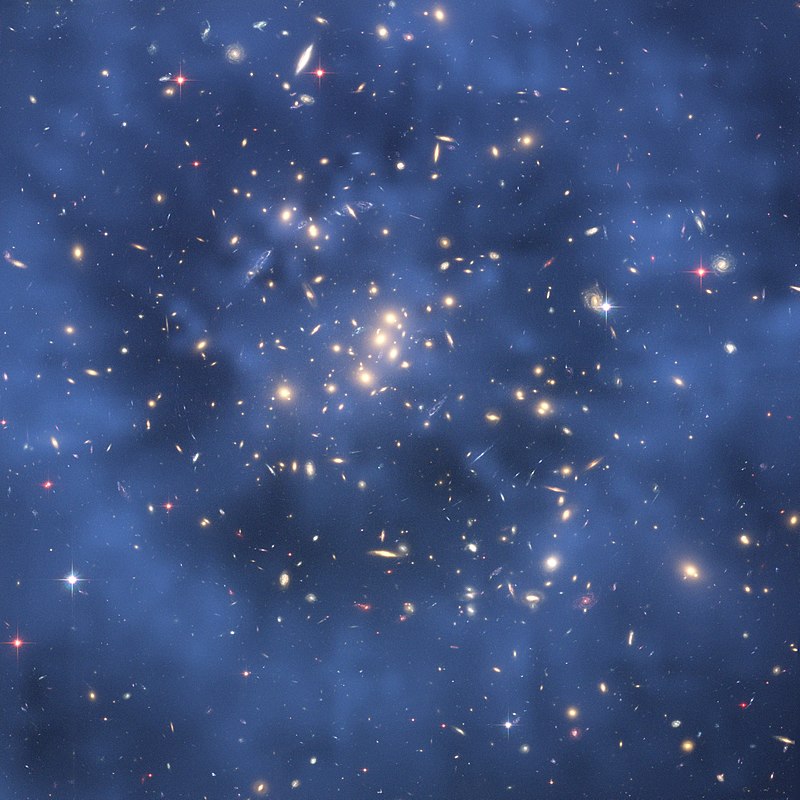
From Tyler Krueger at Astronomy:
Albert Einstein’s theory of general relativity is just over 100 years old, and so far it has predicted the interaction between celestial objects and the space-time field very well. There are a few troublesome spots, however, in which the theory of general relativity doesn’t agree with quantum mechanics. These gaps have confounded researchers for decades, and have sprouted a handful of hypotheses attempting to explain the dissonance.
Dark matter and dark energy are the prevailing stand-in answers for this problem, but they are, as of yet, merely stand-ins. And there are some physicists that do not buy into these explanations. Erik Verlinde, a professor of science mathematics, and informatics at the University of Amsterdam, is one of them. He’s developing a theory that takes another look at the mechanics of gravity, and it seems to have struck a nerve in the world of physics.
“Emergent gravity,” as Verlinde calls it, is the idea that gravity is not a fundamental governance of our universe, but instead a reaction to the makeup of a given environment.More.
We’ve said this before: Dark matter could be the answer to a number of cosmology questions but it could also be the phlogiston or ether of today’s science – substances that were assumed to exist because their existence would solve a problem but th problem was not properly understood. When it was, no one needed those substances to exist. Time will tell, we hope.
On the other hand, the term “emergent” is beginning to sound a bit like “bafflegab.”
See also: Dark matter: Skeptics wanted